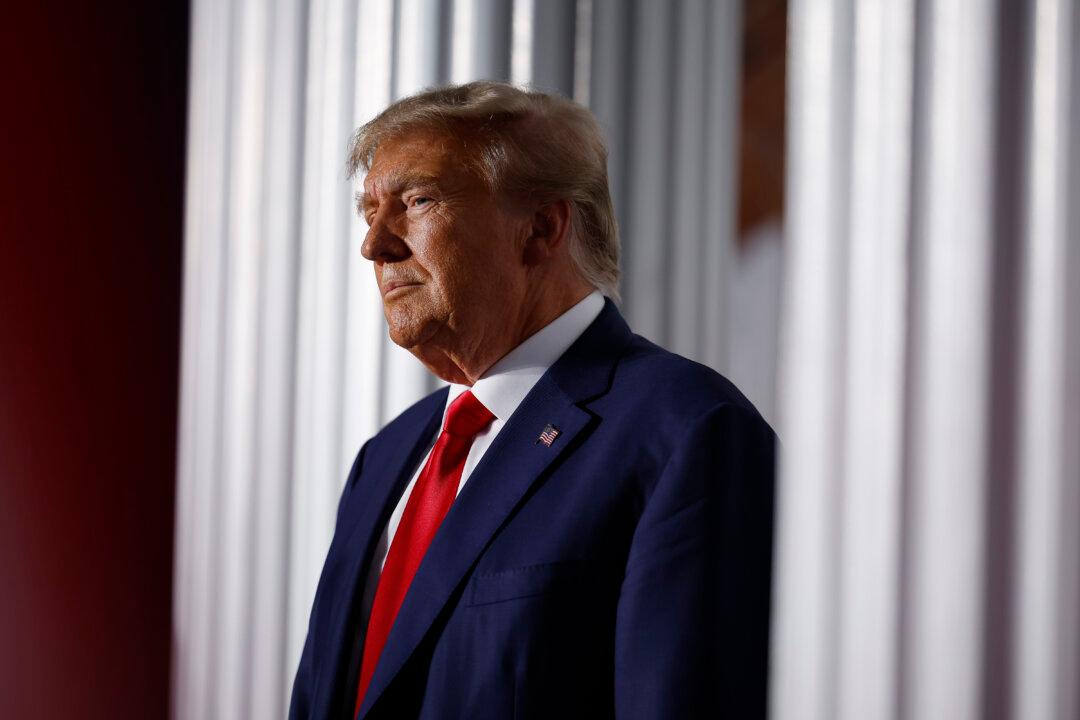Former President Donald Trump said Monday that he did not show the classified U.S. military document that he referred to during an audio-recorded meeting with a book publisher in July 2021.
In the first of a two-part Fox News interview on Monday, Trump insisted that he never showed any classified military plan to attack Iran prepared by General Mark Milley, then-chairman of the Joint Chiefs of Staff. Trump says he never ordered the plan.





